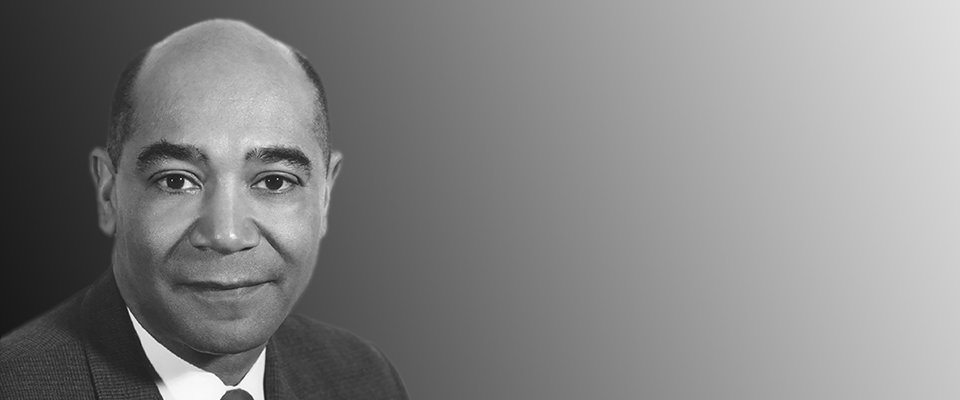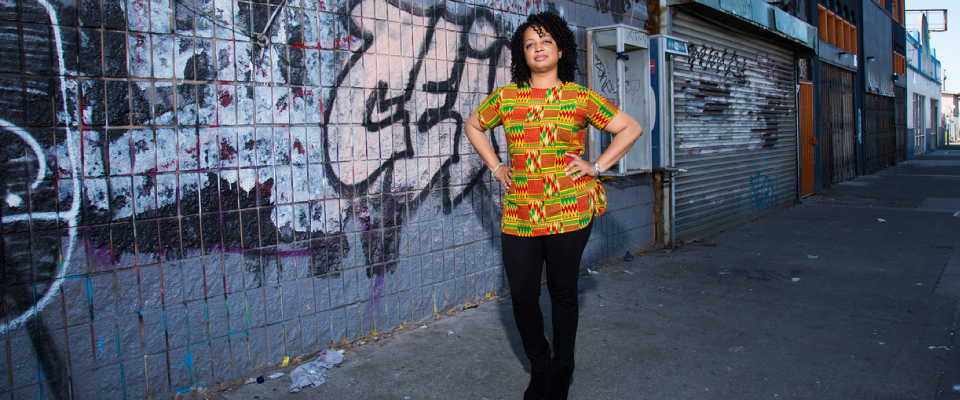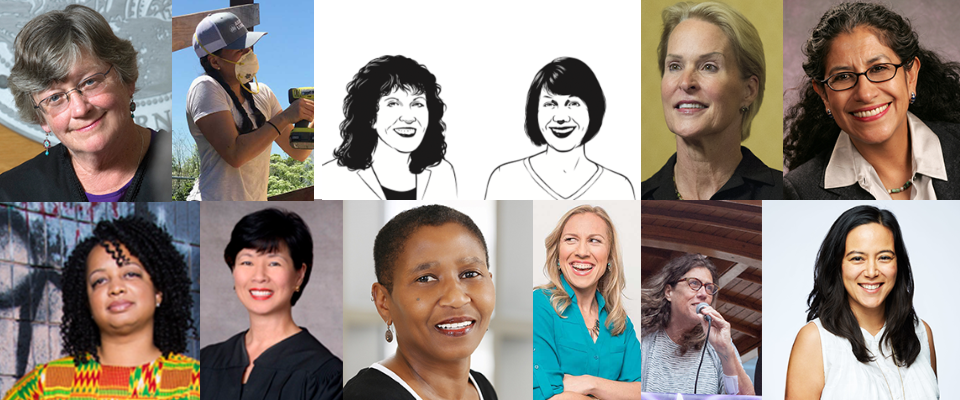Growing up in Canada, Dr. Marvin Poston ’39 says he did not experience much racial discrimination. In his words, “There weren’t many blacks, very few. That may have been one of the reasons why they didn’t have a lot of discrimination, because there were so few blacks.”
When Poston’s father, Paul Walker Poston, developed heart trouble, the family moved to California, where it was warmer and considered by doctors to be a better place to live given his condition. It was only after the move that Poston began experiencing constant racial discrimination.
Poston attended Herbert Hoover Junior High School in Oakland for the ninth grade, then moved to Oakland Technical High School, a school that in the early 1930s, “had very few blacks,” according to Poston. As a student, he held various jobs to support his family since Paul’s heart condition made it difficult for him to work. Poston worked at the Oakland Athletic Club as a bellhop from the ninth grade through his last year at Cal.
In the early 1930s, Poston picked up a second job, joining his mother at the Golden State Life Insurance Company selling insurance. Poston enrolled his fellow Black colleagues at the Athletic Club; they started giving him a hard time for being so diligent about collecting their insurance premiums. “‘He’s going to take your money away from you,’” Poston remembered others said. “But it was a good experience for me too. How to do business and be with people.”
Alongside his steady work, Poston actively pursued his college degree. “I can remember as long as I can go back, both my parents used to say, ‘You’re going to college,’” Poston recounted.
“I recognized that there was going to be a problem after I graduated, and that the doors would close behind me. So then I started a personal campaign…to try to get some other Blacks to follow me. I recognized that here’s a wide open field for Blacks. And it still is.”
When the Postons moved from Canada to California, they ended up in Oakland because Paul knew a former classmate who became a minister at the city’s First African Methodist Episcopal Church. The family became active in the church community, and Poston connected with the church’s ministers. “They had one named Scott who was a well educated man. And they had another one named Hill who…got a Ph.D. from Berkeley while he was here,” Poston said. Poston’s parents and community members like Hill, who encouraged Poston to go to college, played crucial roles in his path to higher education.
Poston began his Cal education in 1935 as a math student. Then one day, he was “thumbing through the catalogue for an elective course in physiology or physics” when he happened to stumble upon optometry. When Poston realized all the required courses for the optometry major were also the ones he most enjoyed, he went to a university secretary to discuss transferring.
The secretary took a look at his transcript and declared, “‘Oh, you would make a wonderful optometric student.’” Poston recalled, “She was so enthusiastic about it that I signed up to transfer majors right then.
“Of course, after I got in, that’s when all hell broke loose.”
Though Poston had received good grades all semester, one of his optometry professors, Mason—who was known to be hard on his students—failed him on his final. “I guess when he saw a black face, that stimulated him to be harder and be more difficult. When he saw black he saw red,” Poston surmised. Poston went to see Walter Gordon, a law practitioner and head of the NAACP, and George Johnson, a lawyer who worked for the State Board of Education, to argue for a grade change. The case escalated to University Provost Monroe Deutsch, who changed Poston’s final grade and even reconfigured the optometry courses to allow Poston to avoid further contact with Professor Mason.
When Poston began practicing in the university’s optometry clinic, however, Mason made it so that students wouldn’t be able to sign up for Poston’s practice. Deutsch, again, had to get involved to undo Mason’s actions.
Poston overcame these obstacles to graduate from Cal in 1939, becoming the first Black optometrist to graduate from the University of California. He was, however, unable to find a job as an optometrist throughout the Bay Area—despite searching from Santa Clara all the way up to Oakland. Desperate for work, Poston became a valet for a retired lawyer, knowing this position was just a speed bump in his journey to becoming an optometrist.
Poston tapped into his network and connected with community members—a Jewish optometrist in San Francisco, a furniture store owner in Oakland, and a Black real estate agent who he’d connected with through Walter Gordon—to ask for loans of optometry clinic equipment, furniture, and a building to start his own private practice. Each loaned him their goods free of charge for 90 days, affording Poston time to establish himself. Once his facility was open, Reverend Hill beseeched the church to support Poston as well. “That’s how I got started,” Poston explained.
It took Poston some time to figure out the economics of an optometry practice, but after talking to friends who’d had previous experience and exposure, he finally got his business up and running, becoming the first Black person to own an office in downtown Oakland.

Even then, Poston still wasn’t immune to discrimination. When he tried to join the local optometric society, Professor Mason interfered again, convincing several people to vote against accepting Poston’s application. Poston sought support from local optometrists, including fellow alum Dr. Kenneth Stoddard ’36, to revisit the vote. “When I was voted in, Mason resigned,” Poston said. “I decided I would go to every meeting so they would never bring it up again.”
Poston’s experiences encouraged him to dedicate significant energy toward supporting regional optometric societies, fostering young doctors in the Bay Area, and recruiting Black high school students to attend optometry school. “I recognized that there was going to be a problem after I graduated [from UC Berkeley], and that the doors would close behind me. So then I started a personal campaign of going to high schools and talking to counselors and talking to high school students to try to get some other blacks to follow me,” Poston recalled. “I recognized that here’s a wide open field for blacks. And it still is.”
It would be another 23 years until another Black student graduated from the optometry program at the University of California, but Poston remained undeterred, constantly seeking to enrich the optometric space. He started a public relations program to expand accessible eyecare. He and a colleague established a vision insurance program, California Vision Services, to provide prepaid care for union members. Eventually expanding to cities across the country, the program is known today as Vision Service Plan. Poston became an active member of the Alameda County Optometric Society Board of Directors and received awards at the local, state, and national levels for his work in public relations.
The Berkeley Optometry Hall of Fame honors Dr. Poston for his pioneering work as an optometrist, role model, and leader. In 2019, he was selected as UC Berkeley School of Optometry’s Alumnus of the Year. Dr. Poston passed away in 2002.
Image: Headshot of Dr. Marvin Poston, UC Berkeley School of Optometry.





















